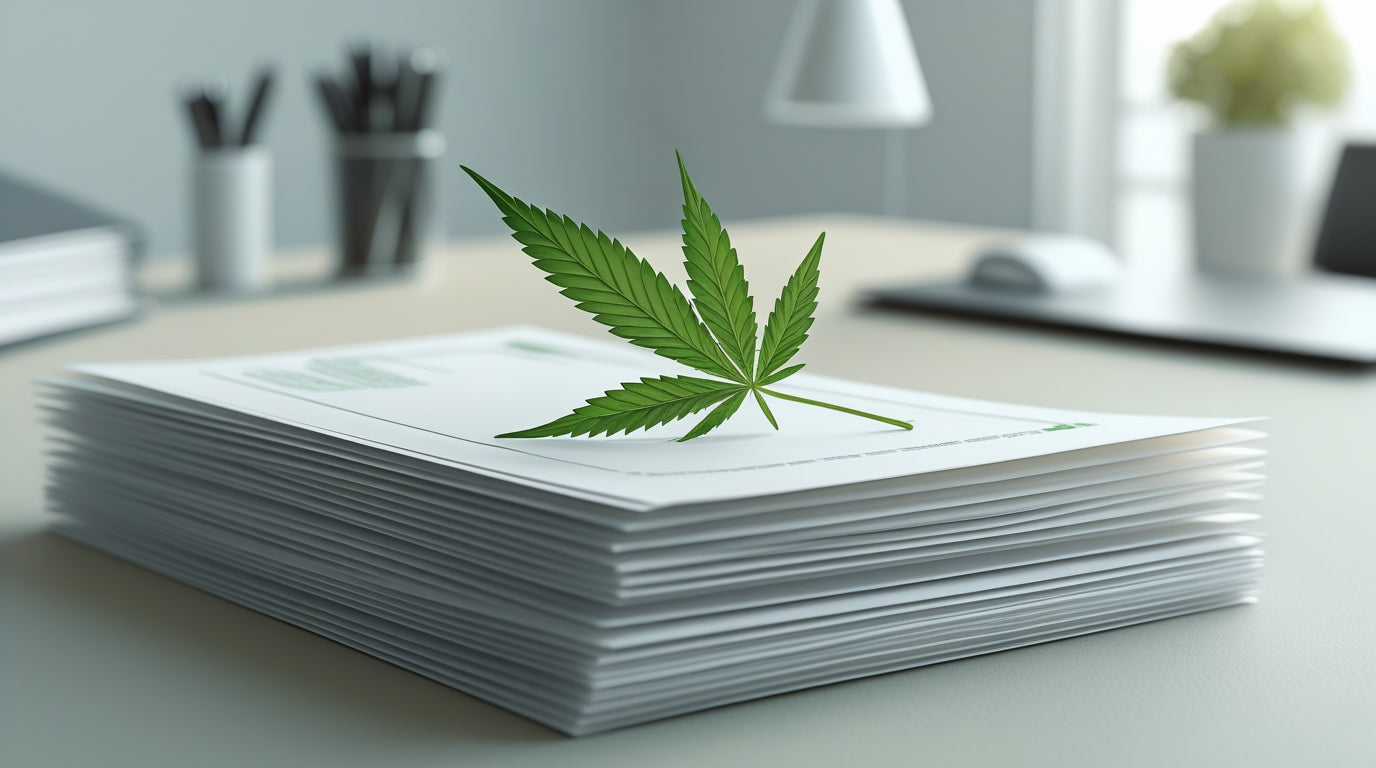Confirm your age
Please verify that you are 21 years of age or older to enter this site.

Delta-9 THC, or Δ9-tetrahydrocannabinol, is one of the most well-known cannabinoids found in the cannabis plant. It is the primary psychoactive compound responsible for the "high" associated with cannabis use. As interest in cannabis and its derivatives grows, understanding the legal landscape of Delta-9 THC in Europe and the USA becomes increasingly important.
Delta-9 THC is a naturally occurring compound in the cannabis plant. It interacts with the body's endocannabinoid system, primarily binding to the CB1 receptors in the brain, which leads to its psychoactive effects. These effects can include euphoria, relaxation, altered perception of time, and increased appetite.
Aside from its recreational use, Delta-9 THC has been studied for various potential therapeutic benefits, such as pain relief, appetite stimulation, and nausea reduction. This has led to increased interest in its medical applications alongside its recreational appeal.
The legality of Delta-9 THC in the USA is complex and varies by state due to differing federal and state regulations.
At the federal level, the legality of Delta-9 THC was significantly impacted by the 2018 Farm Bill. This legislation legalized hemp and hemp-derived products, which include any part of the cannabis plant containing less than 0.3% Delta-9 THC by dry weight. This means that products derived from hemp that meet this criteria are legal under federal law.
Despite the federal guidelines, individual states have the authority to regulate Delta-9 THC as they see fit. As a result, there is considerable variation in how Delta-9 THC is regulated across the USA. Some states have fully legalized cannabis for both medical and recreational use, while others only permit medical use or have stricter regulations.
Consumers should always check the specific laws in their state to ensure compliance with local regulations regarding Delta-9 THC products.
In Europe, the legality of Delta-9 THC varies widely between countries, as there is no unified legal framework governing its use across the continent.
The European Union (EU) allows the cultivation of hemp, provided the plant contains less than 0.2% THC. This aligns with the EU's broader agricultural policies and supports the production of hemp for industrial and commercial purposes. However, products that exceed this THC limit are generally illegal unless specifically authorized for medical or scientific purposes.
Similar to the USA, European countries have their own regulations regarding Delta-9 THC. Some countries, such as the Netherlands and Spain, have more lenient policies that allow for personal use and cultivation under certain conditions. Other countries maintain strict prohibitions on Delta-9 THC, only allowing its use for approved medical purposes.
Consumers in Europe should familiarize themselves with the laws in their specific country to understand what is legally permissible concerning Delta-9 THC.
The legality of Delta-9 THC in both the USA and Europe is influenced by a mix of federal, state, and country-specific regulations. While the 2018 Farm Bill in the USA and EU guidelines offer some clarity, significant variations exist at the local level. As interest in cannabis products continues to grow, understanding these legal frameworks is essential for consumers and businesses alike to navigate the market responsibly.
Share